Recently, the Department of Home Affairs has issued a document proposing a plan to arrange district-level public service units when organizing a 2-level local government model. In particular, for the health sector, through the proposed plan of the Department of Health as well as practical operations, the Department of Home Affairs proposed a plan to transfer the status quo of 11 district-level medical centers, including: Ky Anh district, Cam Xuyen, Ha Tinh city, Thach Ha, Can Loc, Hong Linh town, Nghi Xuan, Duc Tho, Huong Son, Vu Quang, Huong Khe and Loc Ha General Hospital from the district-level People's Committee to the Department of Health for management.
At the same time, rename district-level medical centers to ensure consistency with their operating areas and merge Ky Anh Town Medical Center into the current Ky Anh District Medical Center to unify the model throughout the province.
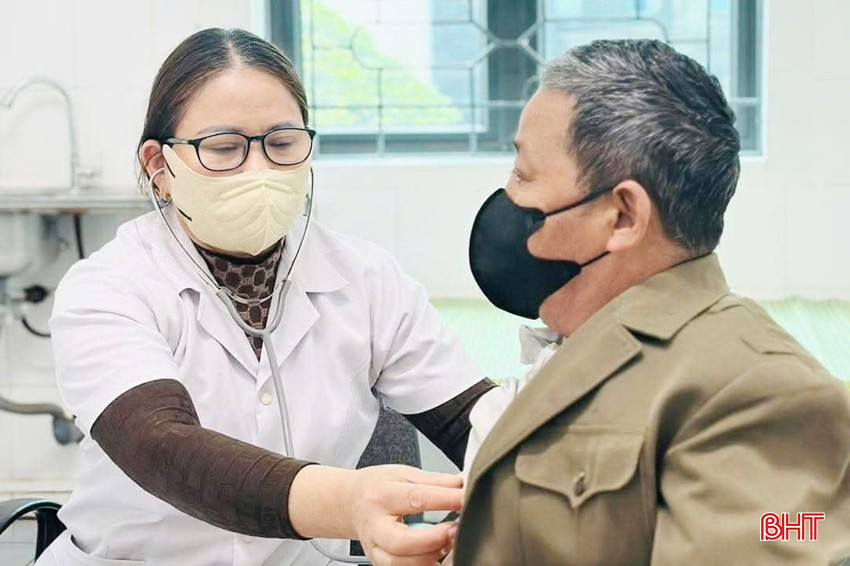
According to the assessment, when the district-level government model is abolished, bringing medical centers under the management of the Department of Health will create synchronization in the operation and management of the field of health care for the people.
Regarding health stations, the Department of Home Affairs proposed a plan to maintain the current model of health stations as organizations under health centers. At the same time, review and streamline health stations according to new commune-level administrative units, each commune has 1 health station and can organize stations to serve the people. This means that health stations will also be under the management responsibility of the Department of Health.
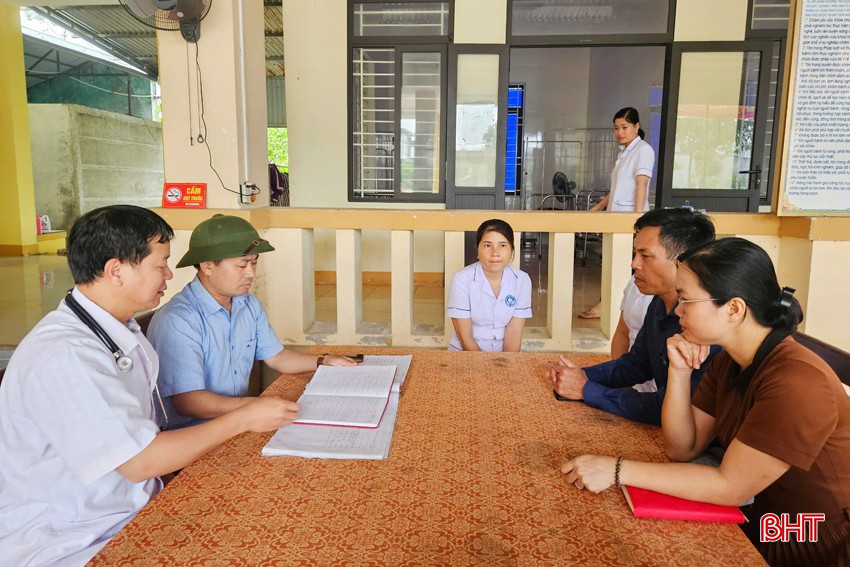
Regarding this issue, Director of the Department of Health Nguyen Minh Duc said that after the formation of the 2-level government model, if the health station is a public service unit under the People's Committee at the new commune level, it will create a large number of public service units. This is not consistent with the current policy of streamlining the apparatus. In particular, when the health station is transferred to the People's Committee at the new commune level for management, it will be difficult to regulate human resources between communes and wards, especially the team of doctors; the two-way rotation of staff between the regional health center and the health station will encounter many difficulties; the procurement, bidding for drugs, supplies, chemicals, signing of health insurance examination and treatment contracts, etc. of the health stations will initially be limited due to lack of human resources and capacity.
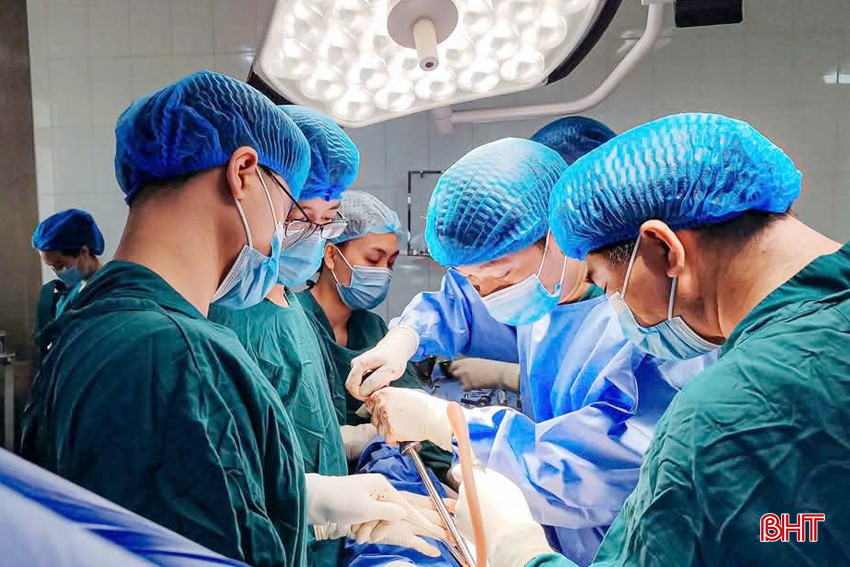
It is known that, based on the plan developed by the Department of Home Affairs, consulting with departments, branches and localities on the arrangement of district-level medical centers and health stations, the Department of Health basically agreed.
However, Director of the Department of Health Nguyen Minh Duc said: “Healthcare is a very special field, just a little delay can affect people's lives, so for new communes, especially in mountainous areas, remote areas with large areas, and divided areas, there needs to be more than 1 health station or establish stations to help people access care and treatment services as quickly as possible.
After the Provincial People's Committee approves the plan of the Department of Home Affairs, the sector will promptly preside over and coordinate with relevant agencies and units to develop a plan to transfer medical centers from the District People's Committee to the Department of Health for management and submit to the Provincial People's Committee. At the same time, after taking over the units, the department will develop a project to arrange and perfect the medical centers to ensure effective, unified and synchronous operation according to the 2-level government model, thereby effectively performing the task of caring for and protecting the health of the people."
Source: https://baohatinh.vn/sap-xep-bo-may-nganh-y-te-dam-bao-thong-suot-dong-bo-tu-tinh-den-co-so-post289233.html










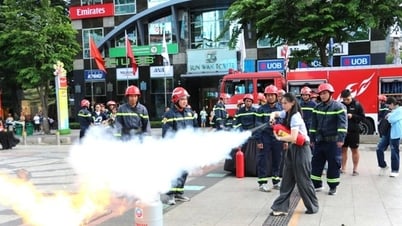

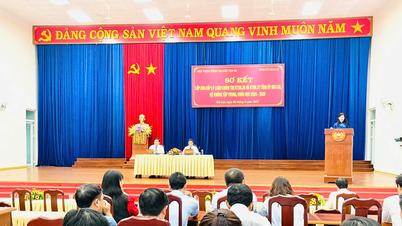

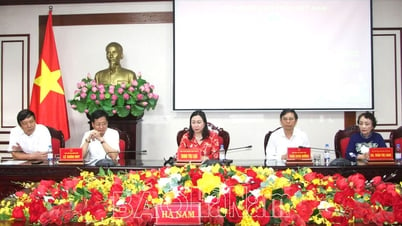



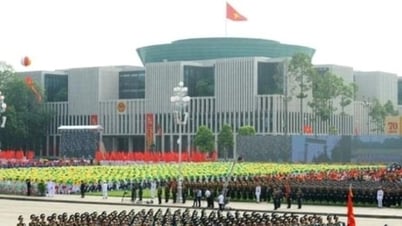










![[Photo] General Secretary To Lam receives Korean Ambassador to Vietnam](https://vphoto.vietnam.vn/thumb/1200x675/vietnam/resource/IMAGE/2025/6/6/a0765b7543784cbcbfe4755b67d43ab4)
![[Photo] President Luong Cuong works with Hung Yen and Thai Binh Provincial Party Committees on implementing Resolution of the 11th Central Conference, 13th tenure](https://vphoto.vietnam.vn/thumb/1200x675/vietnam/resource/IMAGE/2025/6/6/127b735d2761484d81dcee0d7725a25b)










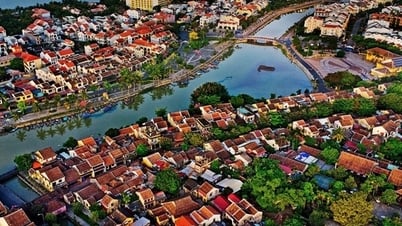






















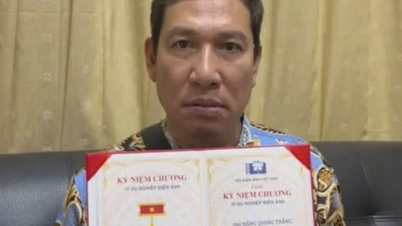

















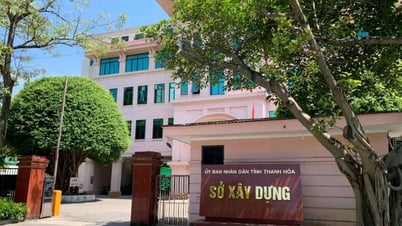



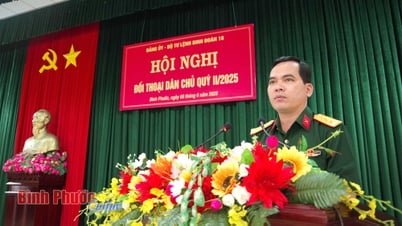



![[OCOP REVIEW] Tu Duyen Syrup - The essence of herbs from the mountains and forests of Nhu Thanh](https://vphoto.vietnam.vn/thumb/402x226/vietnam/resource/IMAGE/2025/6/5/58ca32fce4ec44039e444fbfae7e75ec)










Comment (0)